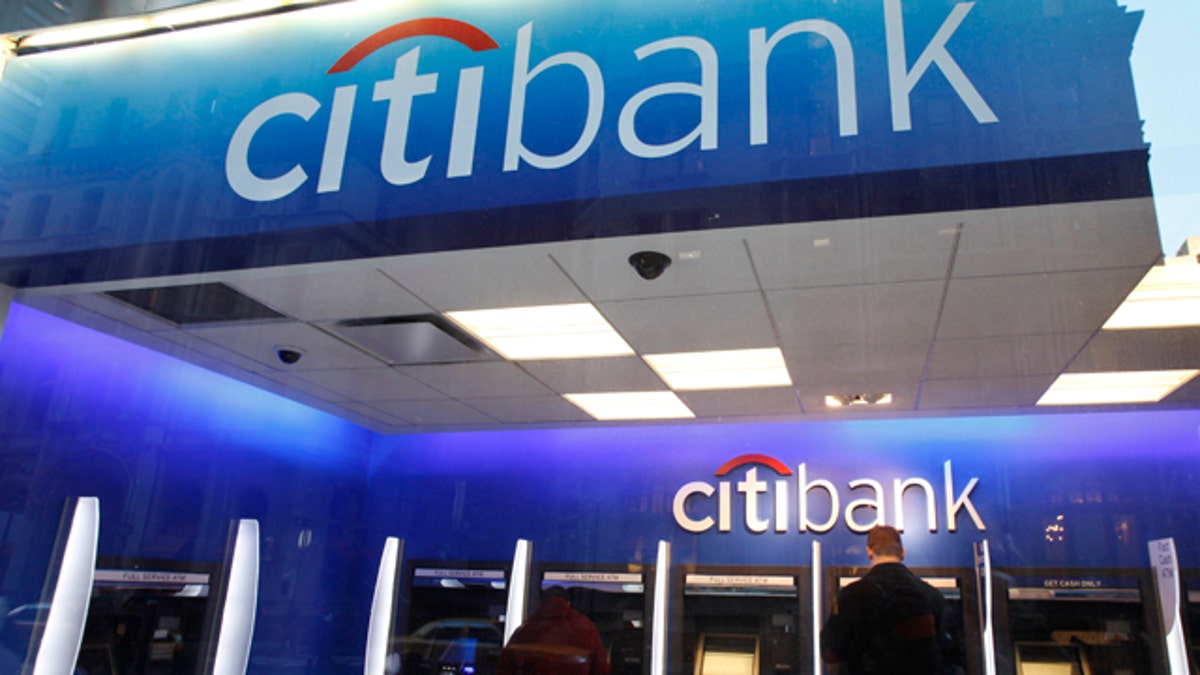
Hacker group hampered the sites of Citigroup Inc. and other prominent institutions. (AP)
A computer hacker group on Friday continued a wave of attacks against Brazilian financial websites, hampering the sites of Citigroup Inc. and other prominent institutions.
The group, which dubbed itself Anonymous Brasil, took aim at a series of websites, launching "denial of service" attacks against the pages of the Brazilian banking federation, called Febraban, as well as Banco BMG, Banco Panamericano and the pages of Citigroup both in Brazil and in the U.S.
The websites of those institutions were operating intermittently on Friday, and the hackers said they had extended their attacks to other websites in the afternoon. The hackers say they aren't trying to steal data or money.
A Citi spokesman in New York said, "On Friday morning, Citi's consumer website experienced a temporary interruption in service. Our online team worked immediately to address the issue, and operations were restored within one hour. We are continuing to monitor the system to ensure continuity of services. At no point were there data integrity issues or a compromise of client account information. We apologize for any inconvenience."
A spokesman for Febraban said there was an unusually high number of accesses to the group's website. Banco BMG and Banco Panamericano confirmed that they received an overload of accesses that caused delays on their sites, but didn't confirm whether the problems were caused by hackers.
The hacker group also claimed on its Twitter account to have briefly targeted the central bank's website early Friday, though the bank didn't confirm the website problems were caused by hackers. "During the morning there was an overload of accesses to the central bank's website, bringing instability and delays," the central bank said. "No bank systems or transactions were affected."
The central bank, which is responsible for banking regulation in Brazil, said it had no immediate action planned to respond to the latest attacks.
The group, which purports to be promoting a campaign against corruption, earlier in the week claimed responsibility for crippling the websites of Brazil's largest state-run and private-sector banks, including Banco do Brasil SA, Itaú Unibanco Holding SA, Banco Bradesco SA and HSBC Holdings PLC.








































